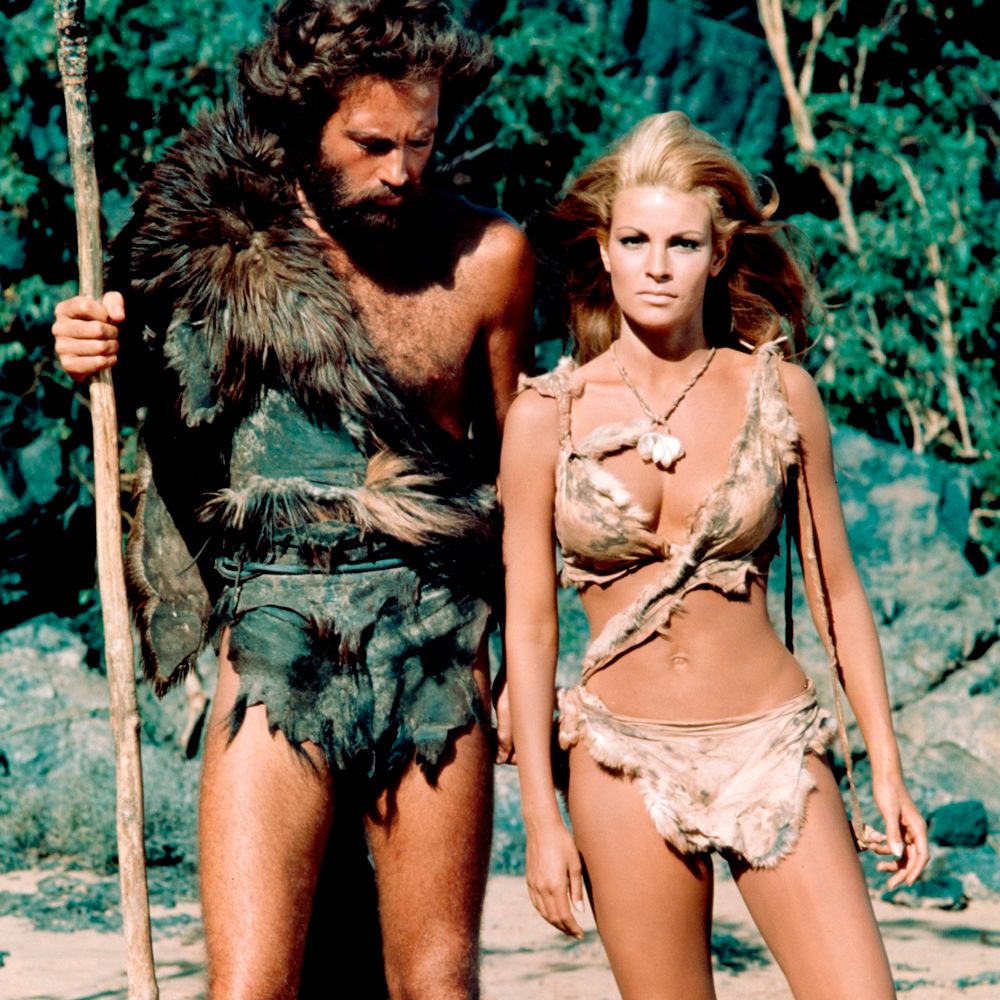Men And Women Were Equal In The Beginning, Say Scientists
Gender equality isn't a new concept.

Celebrity news, beauty, fashion advice, and fascinating features, delivered straight to your inbox!
You are now subscribed
Your newsletter sign-up was successful
Gender equality isn't a new concept.
When we go way back, and imagine our ancestors, we tend to think of the men as being hunter-gatherers and the women as nurturers, caring for the family, but this probably wasn't the case, according to scientists.
A new study, published in journal Science, shows that prehistoric men and women were equal, with early societies being founded on egalitarian principles.
It was only with the advent of agriculture that gender inequality came about, meaning that for a huge chunk of our history men and women were equal.
'There is still this wider perception that hunter-gatherers are more macho or male-dominated,' Mark Dyble, an anthropologist who led the study at University College London, said. 'We’d argue it was only with the emergence of agriculture, when people could start to accumulate resources, that inequality emerged.'
Dyble also says the findings suggest that equality between the sexes may have been a survival advantage and played an transformative role in shaping human society and evolution. 'Sexual equality is one of a important suite of changes to social organisation, including things like pair-bonding, our big, social brains, and language, that distinguishes humans,' he said. 'It’s an important one that hasn’t really been highlighted before.'
So, to summarise, gender equality is good for society.
Celebrity news, beauty, fashion advice, and fascinating features, delivered straight to your inbox!